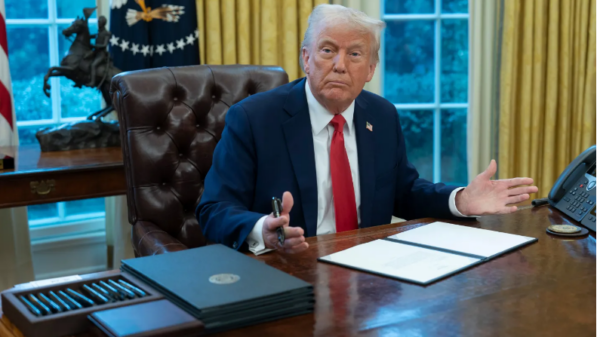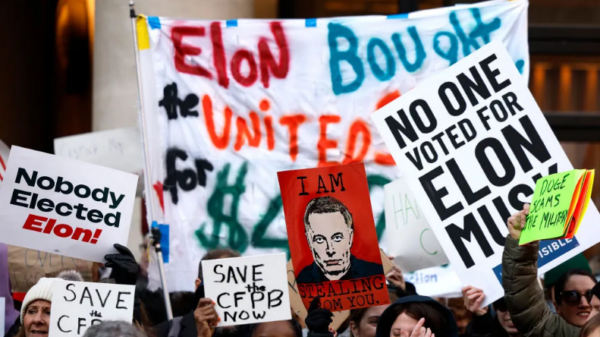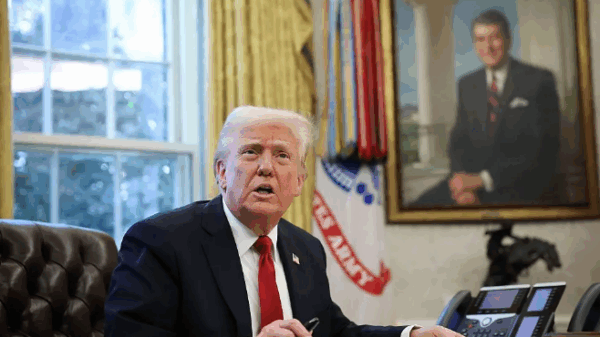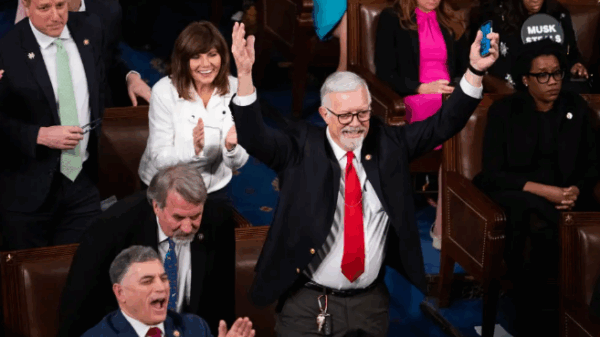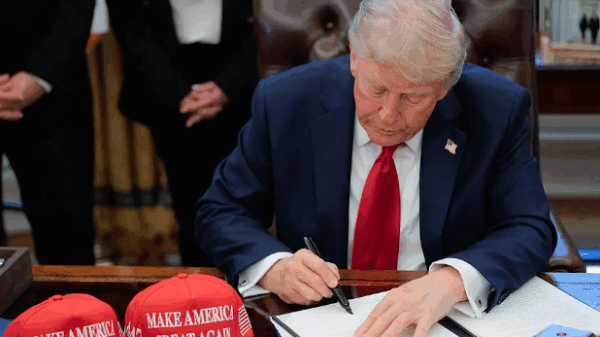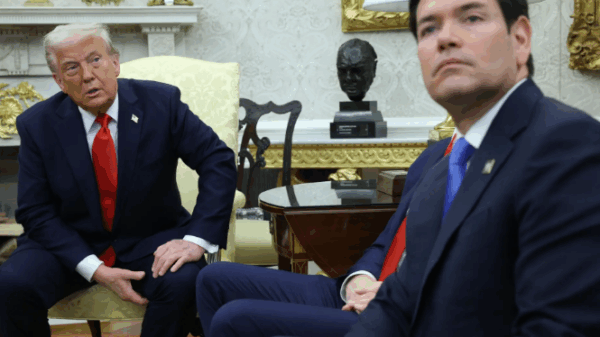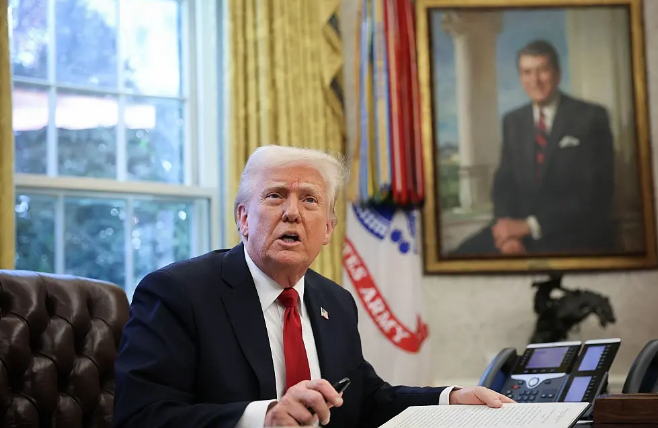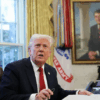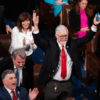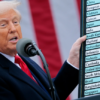The White House has unveiled new measures aimed at softening the financial impact of sweeping automotive tariffs introduced by the Trump administration, offering a degree of relief to both consumers and U.S. car manufacturers.
The announcement follows the implementation of a 25% tariff on all imported vehicles and automotive goods that took effect on April 3. The administration had previously also introduced tariffs on steel and aluminum—key materials for auto production—raising widespread concern across the automotive sector. However, officials clarified on Tuesday that the new measures will ensure these additional tariffs will not be stacked on top of the vehicle import duties, easing cost pressures on domestic producers.
“It’s a little bit of help,” President Trump told reporters, ahead of a rally in Michigan marking his first 100 days in office. “We just wanted to help them enjoy this little transition, short-term.”
The White House also confirmed that a second wave of tariffs—a 25% duty on imported car parts—remains scheduled to take effect on May 3. However, the administration is planning reimbursements and incentives to mitigate the potential cost increases for consumers.
Commerce Secretary Howard Lutnick called the policy shift a “major victory” for Trump’s trade agenda, stating it rewards manufacturers who build their products in the United States. White House Press Secretary Karoline Leavitt added that President Trump is expected to sign an executive order formalizing these changes, likely including measures to further encourage domestic production.
U.S. car dealerships and international automakers have raised alarm over the impact of the tariffs, with many warning that higher costs would be passed directly onto consumers. Some foreign manufacturers, which rely heavily on the American market—such as Honda, Nissan, and Kia—have already cut jobs and paused shipments.
Economist Arthur Laffer has estimated that the 25% tariff on auto parts alone could raise the average cost of a car in the U.S. by $4,711.
Still, for U.S.-based manufacturers like Ford, General Motors, and Stellantis, the latest White House announcement provides a measure of relief. A report from the Center for Automotive Research previously estimated that these three companies could face combined costs of $42 billion from the tariffs.
Stellantis Chairman John Elkann said the company will continue assessing the policy’s implications but welcomed the opportunity to work with the administration to boost U.S. competitiveness.
General Motors CEO Mary Barra also expressed support, stating, “We believe the President’s leadership is helping level the playing field for companies like GM and allowing us to invest even more in the U.S. economy.”
While uncertainty remains over the long-term effects of the tariffs, the administration’s move to ease immediate cost pressures has been cautiously welcomed across the industry.


